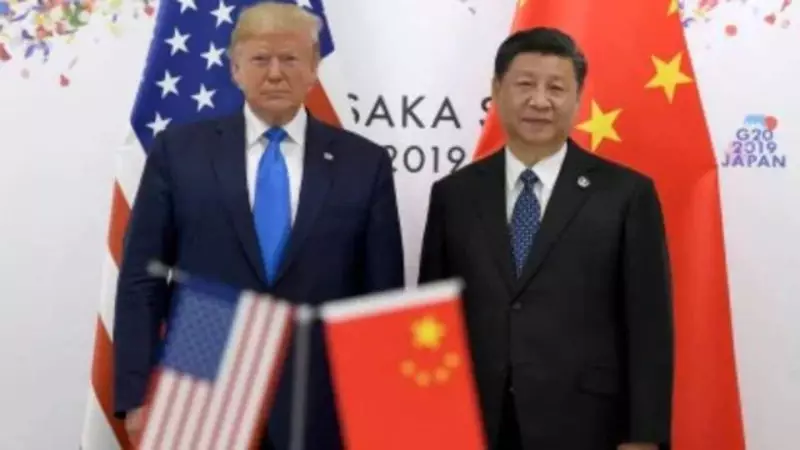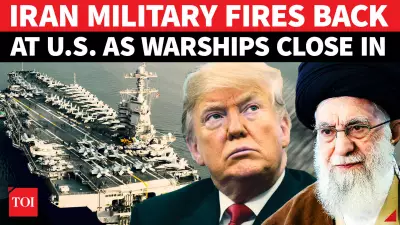
The echoes of 19th century gunboat diplomacy are resonating powerfully in today's tense trade relations between China and the United States. As President Xi Jinping faces off against American trade policies, historical parallels with the Opium Wars are becoming increasingly relevant to understanding China's current strategic positioning.
The Historical Shadow That Looms Large
Between 1839 and 1860, China suffered a series of devastating military defeats in the Opium Wars, primarily against Great Britain. These conflicts forced China to open its markets to British opium traders, leading to what Chinese history remembers as the 'Century of Humiliation'. This period of national subjugation continues to inform China's foreign policy and economic strategy to this day.
Xi Jinping's Historical Mission
President Xi Jinping has repeatedly invoked this painful history in his public addresses, framing China's contemporary rise as a reversal of past humiliations. His signature policy, 'The Chinese Dream of National Rejuvenation,' directly addresses this historical context, positioning modern China as reclaiming its rightful place in the world order.
Parallels Between Then and Now
The current trade tensions with the Trump administration bear striking similarities to historical conflicts:
- Forced Market Access: Then it was opium, now it's concerns over technology transfer and intellectual property
- Trade Imbalance Arguments: Historical disputes over silver outflow mirror modern concerns about trade deficits
- Sovereignty Concerns: China's determination to control its economic destiny remains consistent across centuries
The Psychological Dimension of Modern Diplomacy
This historical consciousness creates a unique psychological backdrop for contemporary negotiations. For Chinese leadership, trade disputes aren't merely economic calculations but tests of national sovereignty and historical redemption. This perspective explains China's sometimes surprising resilience in facing American pressure.
From Victim to Victor: China's Strategic Shift
Unlike during the Opium Wars era, China now approaches international trade from a position of significant economic strength. The country has transformed from the victim of 19th century imperialism to a major global power capable of standing its ground in economic confrontations.
The memory of historical humiliation serves as both cautionary tale and motivational force, driving China's determination to avoid any perception of capitulation to foreign demands. This historical lens is essential for understanding why seemingly straightforward trade negotiations often become deeply symbolic battles for Chinese leadership.






